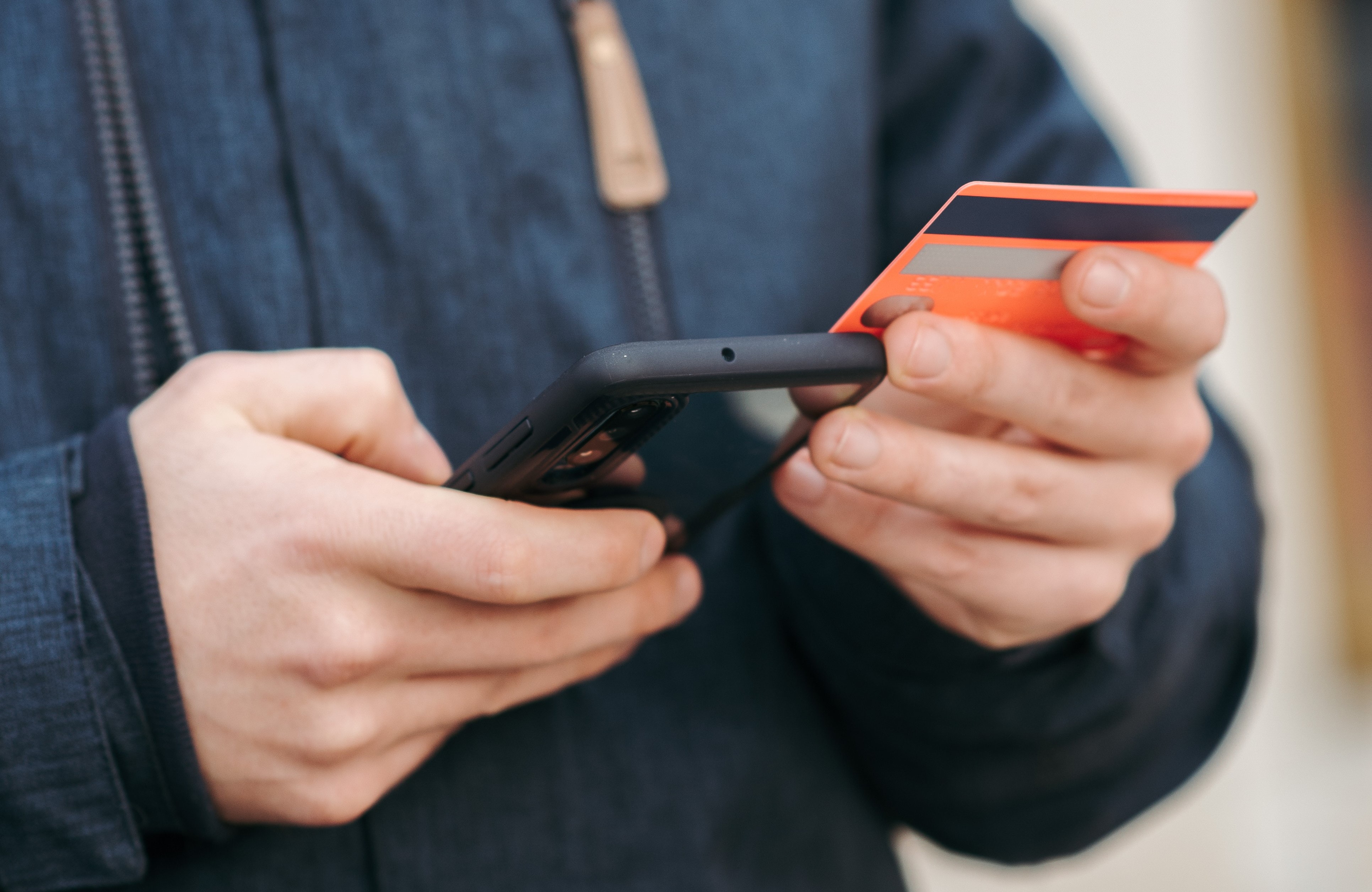Understanding Payment Apps

With the advent of the pandemic over the last year and a half, more and more people are switching to digital payment apps to help them with banking, payments, and to move money between accounts. These have many advantages, especially in our increasingly touchless world. But which of these are the best to use, and how secure are they?
According to Forester Data, 61% of adults who use the internet transferred money digitally to a friend or family member in 2020, compared to 51% the year before. There are no shortage of these apps available, with offerings from tech companies like Google and Apple, companies that partner with banks like Zelle, and the largest and perhaps most popular companies, Venmo and PayPal.
With so many available, it may be hard to choose one to use and it may be best to use different apps for different situations.
For example, PayPal may be best for large purchases – you can transfer or make a purchase of up to $60,000 in a single transaction. It also provides purchase protection.
For instant transfers, Zelle may be offered alongside your bank’s mobile app. Transfers are instant, but irreversible and there’s no payment protection. It is, however, the only app that doesn’t charge a fee for an instant transfer of funds.
Different apps may make sense for different scenarios, but what about privacy and security? Last year, Venmo found itself in hot water when reporters were able to access President Biden’s friend list within 10 minutes, just by using the apps social feed and public friend networks. While they have made changes allowing you to keep your networks private, this is definitely a concern. All of these apps can collect and store personal information, including name, location data, and obviously, information about your personal banking accounts and other personal data.
Many of these companies may also share data with outside organizations. Venmo and PayPal, for example, both use your data for joint marketing campaigns with financial institutions. PayPal can even use it to market to merchant partners.
Security is another consideration. The security of your data when you use these apps is only as good as the security of the companies you’re sharing your data with. You also need to be mindful of the security on your phone. It’s a good idea to lock your device using a password or biometrics. You may also want to make sure that 2-factor authentication is turned on and working. Some of these apps offer another layer of security by asking for a username and password to access the app itself, in addition to any security measures on your phone.
Digital payment apps can be good tools, provided you’re careful about how you use them. Regardless of their challenges though, they are the wave of the future, as more and more people begin to use them.


 Virteom
Virteom